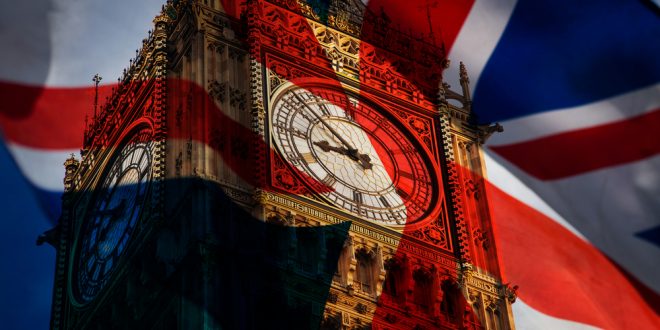The British economy is facing a risk of taking several years before recovering from the impacts of the coronavirus (COVID-19) crisis, according to member of the Bank of England’s (BoE) Monetary Policy Committee, Gertjan Vlieghe.
Vlieghe remarks came on Wednesday in a report presented to the British parliament, Reuters reported.
“Based on these considerations, there is a material risk in my view that it could take several years for the economy to return to full capacity and inflation to return sustainably to target, even with monetary policy at its current settings.”
The BoE previously expected the UK’s economy to fully recover by the end of 2021.
Meanwhile, the BoE has expressed doubts regarding the government’s plan to get workers back to offices, the Guardian reported.
“With Covid safe guidelines, it’s not possible to use office space, particularly in central London and dense places like that, with the intensity that we used to use it. So it’s actually not possible to bring lots of people back very suddenly.”
BoE’s Executive Director for Financial Stability, Strategy, and Risk, Alex Brazier, said.
Brazier’s remarks were made to members of the parliament, specifically to the House of Commons Treasury committee.
“Because of those constraints I don’t think we can expect to see a sudden and sharp return of lots of people to the very dense office environments that we were used to. We should expect a more phased return depending on the public health outcomes that we’ll see over the coming weeks and months.”
For his The Governor of BoE, Andrew Bailey, revealed that he does not expect inflation to turn negative as previously forecast.
“Because of the uncertainty and because of the risks, we’re going to need more than normal evidence and assurance that the economy is on track and inflation is on track to return to target, before we act,” he said.
However, BoE Deputy Governor Ben Broadbent, said that there is “a serious concern that inflation would drift away from target, whether because of higher levels of debt or for any other reason, you’d expect to see it reflected in higher ‘breakeven rates’ in gilts markets. Thus far, that has not happened.”
Overall, it seems that members of the BoE’s board are concerned that the risks resulting from the COVID-19 crisis could be bigger than anticipated.
Deputy Governor Dave Ramsden said that the BoE estimates growth rates would be 1.5% lower than it would have been without the pandemic, permanently, but now there is a risk that the COVID-19 effect could be larger than 1.5%.
According to Ramsden, there is still room for more quantitative easing if necessary.
It is worth noting that the UK’s economy shrank by more than 20% during the second quarter of the year, due to the COVID-19 crisis.
 Noor Trends News, Technical Analysis, Educational Tools and Recommendations
Noor Trends News, Technical Analysis, Educational Tools and Recommendations





